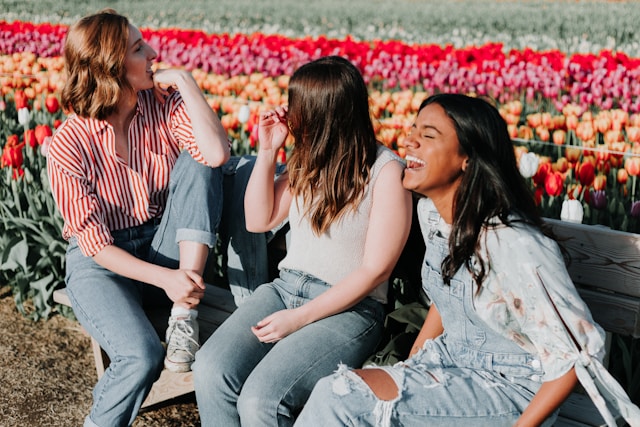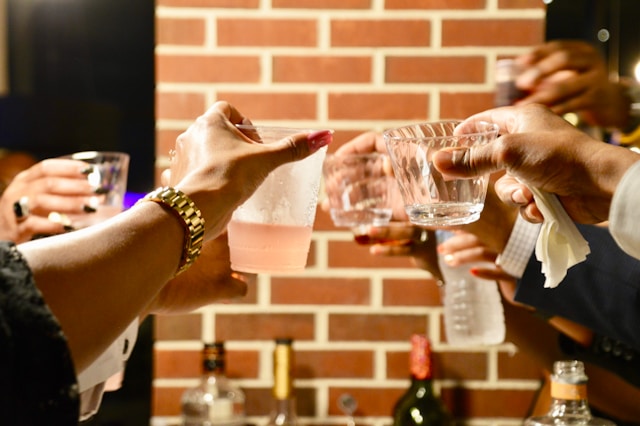The dating app market was worth $11 million globally in 2023 and is expected to grow by 7.6% until 2030. As a global phenomenon, dating platforms have come to recognize they cannot cater to all users with a one-size-fits-all approach.
Mainstream apps like Hinge and Tinder let users write what they’re looking for in their profiles. You’re free to say you’re looking for a long-term relationship or only something casual, etc.
Catering to unconventional relationships
According to a YouGov report, 3% of adults were in polyamorous relationships, and 5% were in open relationships in 2020. Three years later, these numbers had reached 4% and 6%.
Recent studies in the US and Canada revealed that about 20% of representative samples of both populations had engaged in ethical non monogamy. A fifth of all people is quite a few. Statistics show that 2.5% of US adults are consensually non-monogamous. This comes to millions if one assumes about 70% of US adults are in relationships.
OKCupid users can choose from various relationship styles, including “non-monogamous,” “monogamous,” and “open to either.” Interest in non-conventional relationships is rising, as mentions of nonmonogamy and related terms on OKCupid profiles increased by almost 50% between 2021 and 2023.
Apps like Feeld and PolyFinda explicitly cater to individuals or couples looking for open relationships, polyamory, or ethical non-monogamy. Users can indicate that they are in open relationships and/or looking for additional partners. These apps also feature a wide variety of options for gender and sexuality preferences.
You can date as a couple on Feeld by linking your profiles. This is a useful feature if you want to date couples. When you like one person’s profile, you can check out the other and obtain a better impression of them.

Photos are optional on Ishqr, an online dating platform for millennial Muslims. They are only available once you match with someone based on written information. According to the platform’s CEO and founder, users ask the platform’s team questions about how to talk to other users, when to take interactions off the site, and how to navigate relationships respectfully in light of the stigma that dating continues to carry among members of the Muslim community.
Grindr and Her are specifically tailored to the LGBTQ+ community, and Taimi and OkCupid’s options for gender identity and sexual orientation go beyond binary labels.
Privacy concerns
92% of Americans are worried about their privacy when using the Internet, and that’s the US, where 26% of states adopted data privacy legislation in 2024 alone. Globally, 85% of people want to do more to protect their data online. 88% of dating apps reviewed by Mozilla in a 2024 report came with the label “Privacy Not Included,” and 64% used some of the users’ data to infer more information about them, usually to target them with services or ads.
Some dating apps make things worse by claiming the more personal data you share, the more likely you are to find love. All apps should empower users with control over their privacy settings and provide clear information about what data they collect and how they use it. Bumble, Clover, Coffee Meets Bagel, eHarmony, and Zoosk rank among the most secure dating apps.
Bumble offers the extra benefit of discouraging lewdness by watermarking all images sent through the platform with the sender’s name and profile picture.
No matter your relationship wishes, there’s an app that suits your style
Whether someone is looking for a serious commitment, something casual, or a more non-traditional connection like non-monogamy, there’s likely an app that suits their style. Many platforms offer filters, preferences, and even communities that allow users to find like-minded individuals who share their relationship goals. By adapting to different needs and preferences, dating apps have made it easier for people to connect in ways that feel authentic.












Leave a Reply